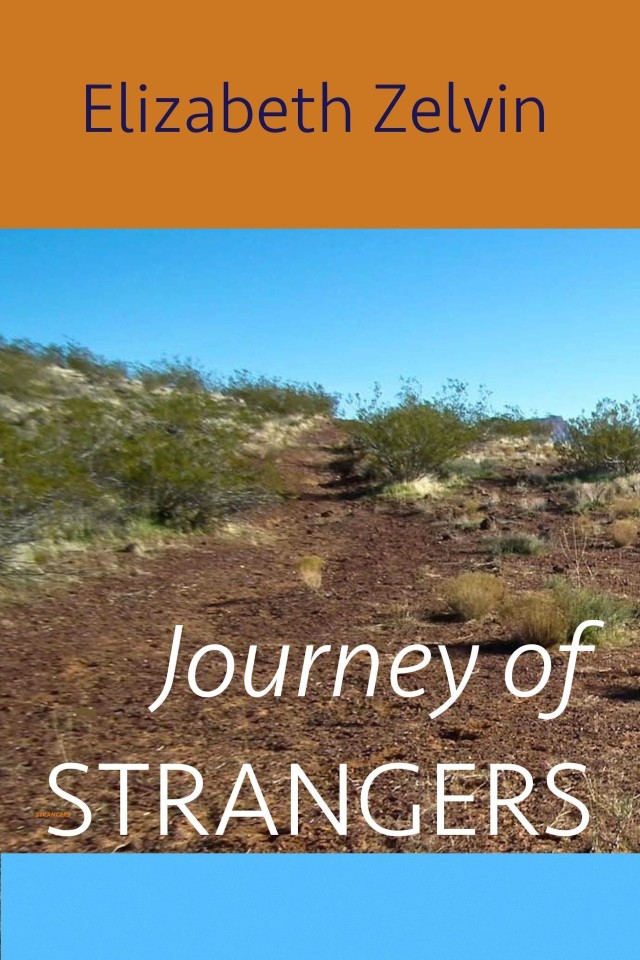Elizabeth Zelvin
In medias res, ( Latin: “in the midst of things”) in narrative technique, the recommended practice of beginning an epic or other fictional form by plunging into a crucial situation that is part of a related chain of events; the situation is an extension of previous events and will be developed in later action. – Encyclopedia Britannica, available at http://britannica.com
I must have heard the term in media res as a college English major a hundred years ago, but it made an impression on me as a fiction writer when I was working on Voyage of Strangers, my first historical novel. Its protagonist was Diego Mendoza, a young Jewish sailor who accompanied Columbus on his first two voyages to the Indies. Diego’s sister Rachel became a second point-of-view character.

Yes, I agree that this is the place to start. Absolutely gripping!
Thanks, Kaye. 🙂
Thanks for having me on the blog, Bonnie. I don’t know if I made it clear that as a result of having to put Joanna first for Chapter 1, I flipped the order of all the chapters for the published book, and it worked fine. For readers of VOYAGE OF STRANGERS, Rachel gets her turn a little later in the book–I wouldn’t dare leave her out. 🙂
I’m delighted that you contributed a post, Liz–come back any time. I found your post fascinating partly because it demonstrates that there’s almost always more than one way to tell a story. We can make fundamental changes in organization, cut or add significant scenes and characters–and still, if it’s a good story, it somehow works.
Besides having to grab the reader from page one, which is true whenever we submit to an editor or agent as well as a situation like the Kindle Scout process, I’ve had another experience that demonstrates just that, Bonnie: cutting a scene to the bone for a five-minute reading. Our Sisters in Crime New York chapter has an open mic night every year–the latest earlier this week–and as always I was amazed at how even in Chapter 1 of a published book or the opening of a story EQMM or AHMM had published, there were words and even sentences that I didn’t need when it was more important not to get the hook before I finished. 🙂
I agree, Bonnie. Besides having to grab the reader from page one, which is true whenever we submit to an editor or agent as well as a situation like the Kindle Scout process, I’ve had another experience that demonstrates just that, Bonnie: cutting a scene to the bone for a five-minute reading. Our Sisters in Crime New York chapter has an open mic night every year–the latest earlier this week–and as always I was amazed at how even in Chapter 1 of a published book or the opening of a story EQMM or AHMM had published, there were words and even sentences that I didn’t need when it was more important not to get the hook before I finished. 🙂